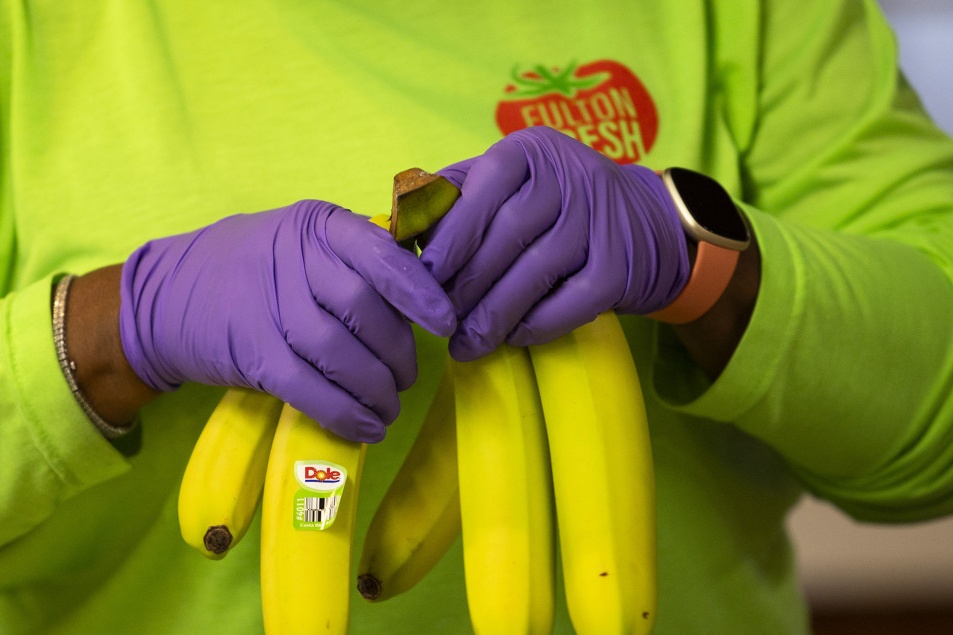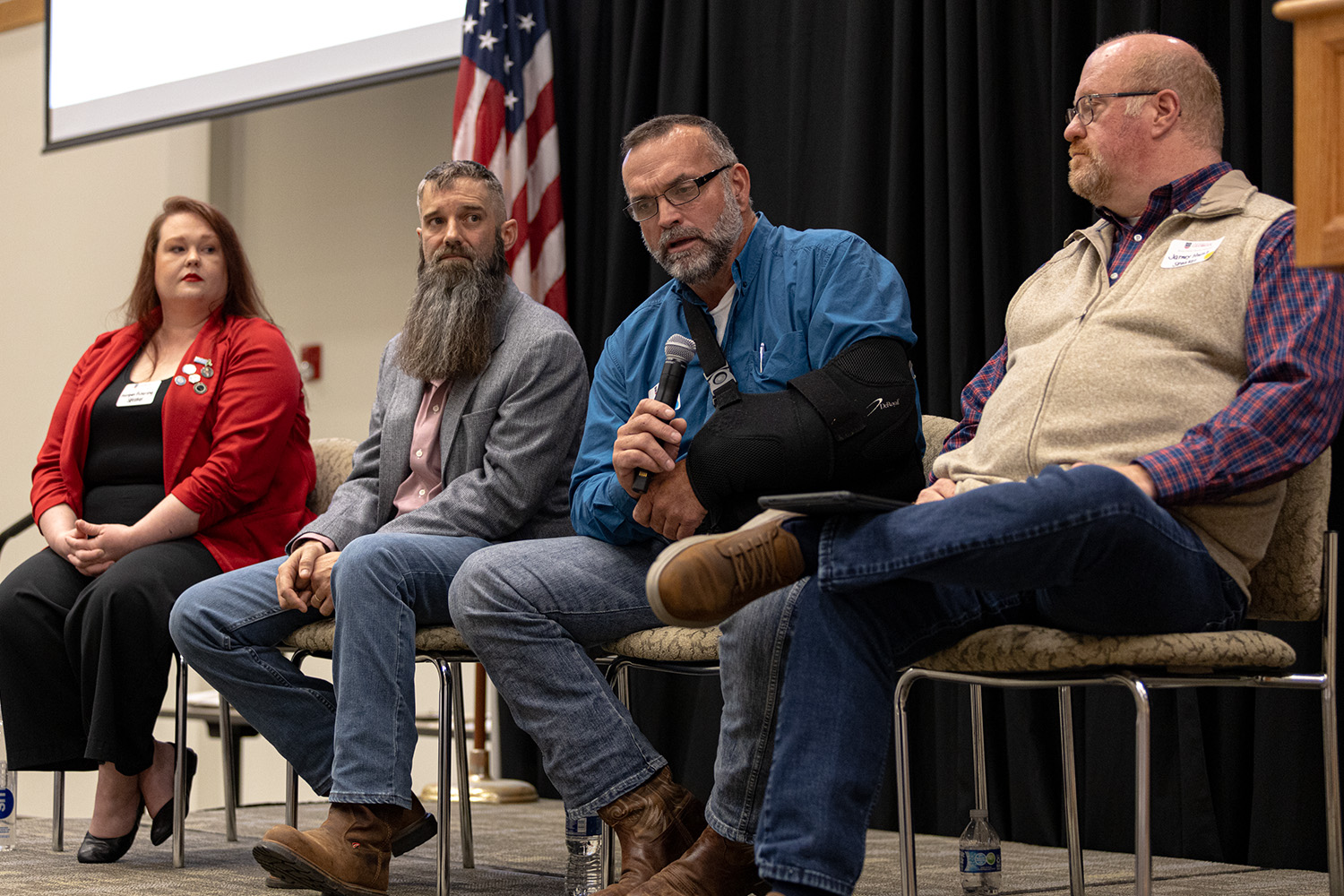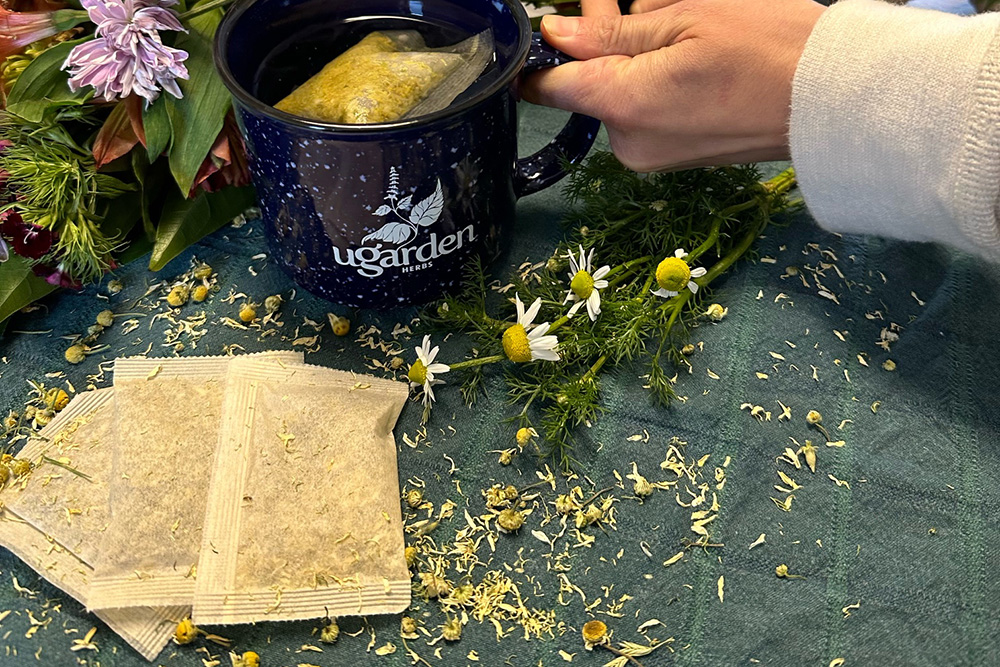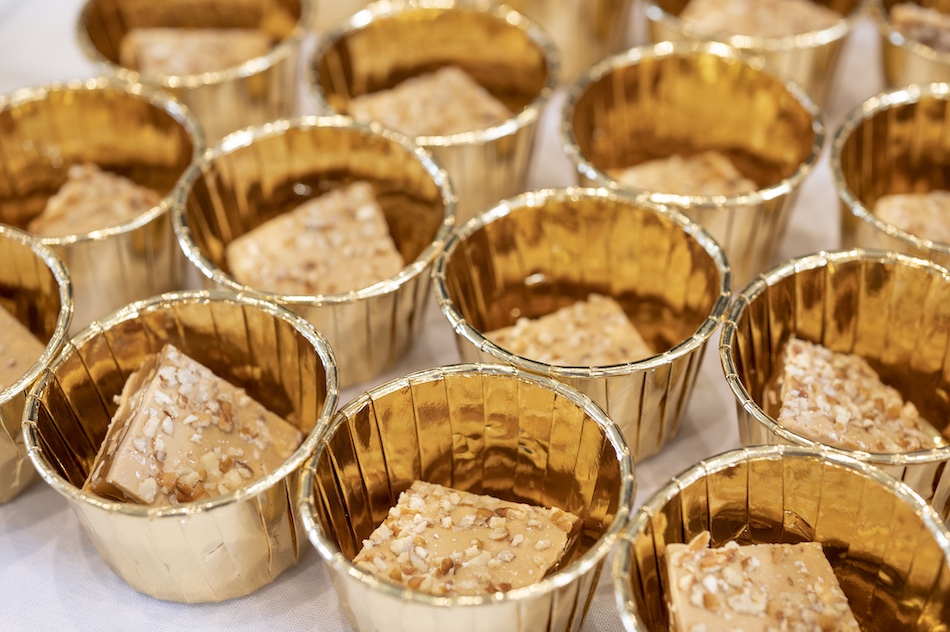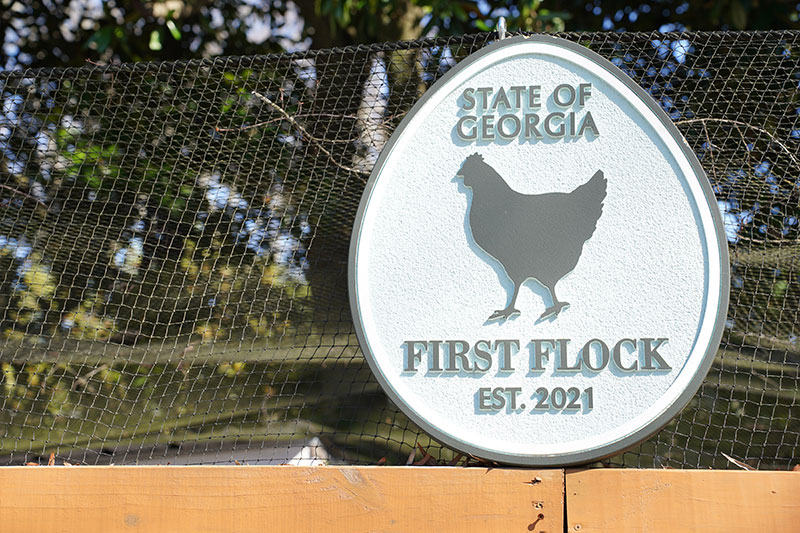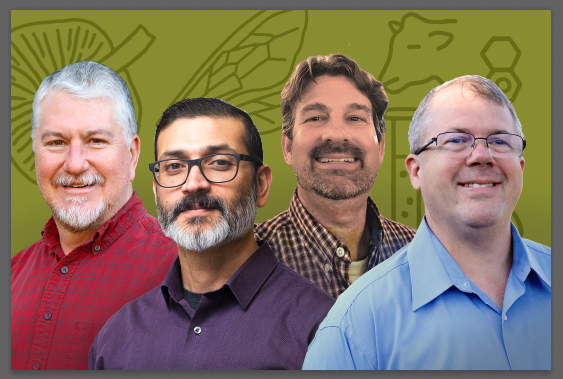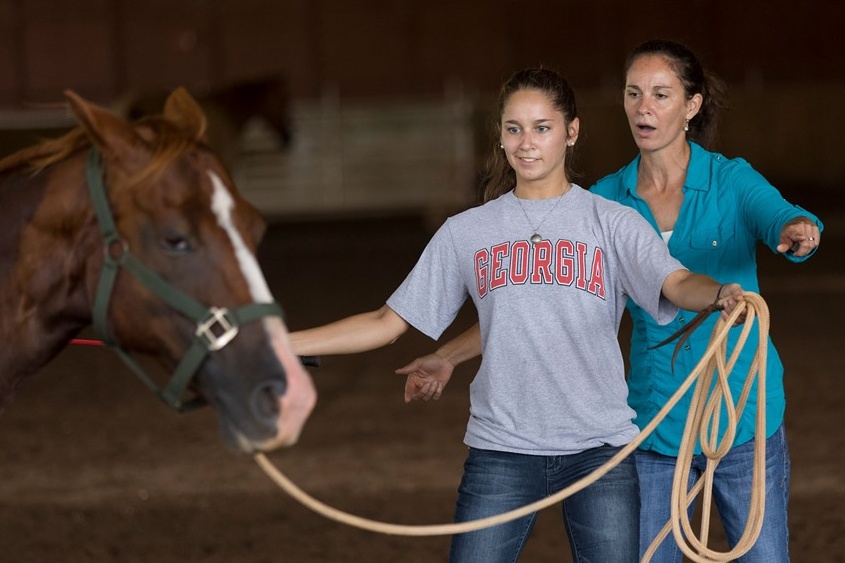 CAES News
CAES News
COVID Tea
New research from the University of Georgia suggests that something as simple as a cup of tea can help in the fight against COVID-19. Tea has been renowned globally for its many health benefits, and Malak Esseili, a virologist with the University of Georgia Center for Food Safety in the College of Agricultural and Environmental Sciences, wanted to know if it may also affect SARS-CoV-2.

